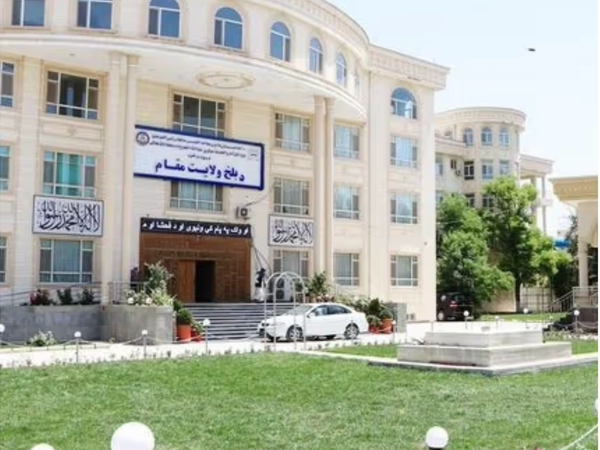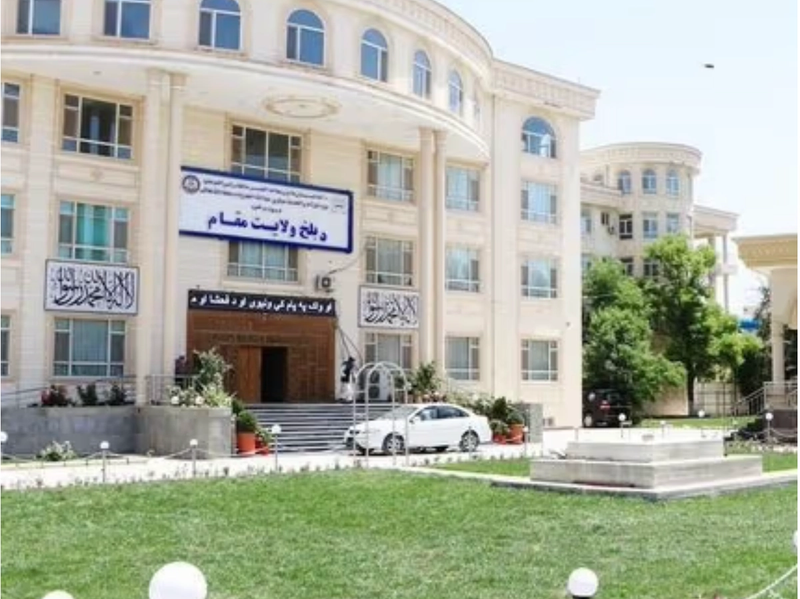The Taliban has banned fibre-optic internet in Balkh province on orders from its supreme leader, Hibatullah Akhundzada, a spokesman confirmed Tuesday.
Haji Zaid, spokesman for the Taliban governor in Balkh province, said the decision was made “to prevent immoral activities” and that authorities were now seeking alternatives.
At least three sources told Afghanistan International that fibre-optic services have been shut down across Afghanistan for the past three weeks.
Residents in Mazar-i-Sharif city reported Monday that Wi-Fi services in the city had been cut. Telecommunications companies confirmed the shutdown, saying it was carried out under Taliban orders. According to locals, Afghan Telecom and all other cable internet providers have been suspended, leaving only low-speed mobile internet in operation.
Impact Of Fibre-Optic Shutdown
The loss of fibre-optic connections has severely restricted access to high-speed internet in Afghanistan. Government offices, private businesses and households can no longer use reliable fast internet, relying instead on slower mobile networks.
The shutdown has disrupted online government services, banking, and remote education, while businesses struggle to operate. Analysts warn the move could further deter foreign investment, restrict Afghanistan’s access to global markets, and deprive students of educational opportunities.
Fibre-optic internet transmits data using light signals through glass cables, offering far greater speed and stability than mobile networks. Afghanistan is connected to international broadband through fibre-optic links with five neighbouring countries.
Figures from the former Ministry of Communications show the previous government invested heavily in fibre-optic projects, including a $150 million initiative funded by $60 million from Afghanistan’s state budget and the remainder by the US Agency for International Development.

